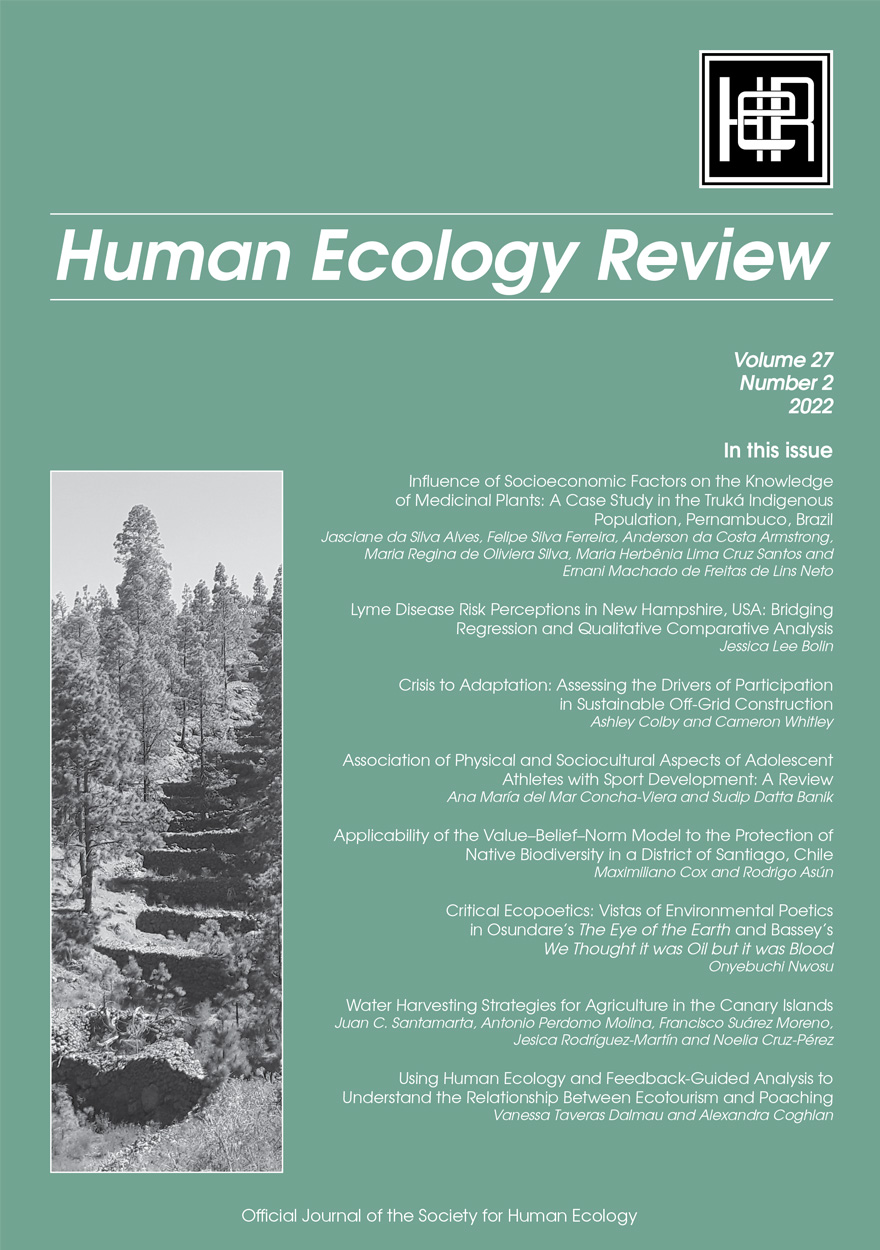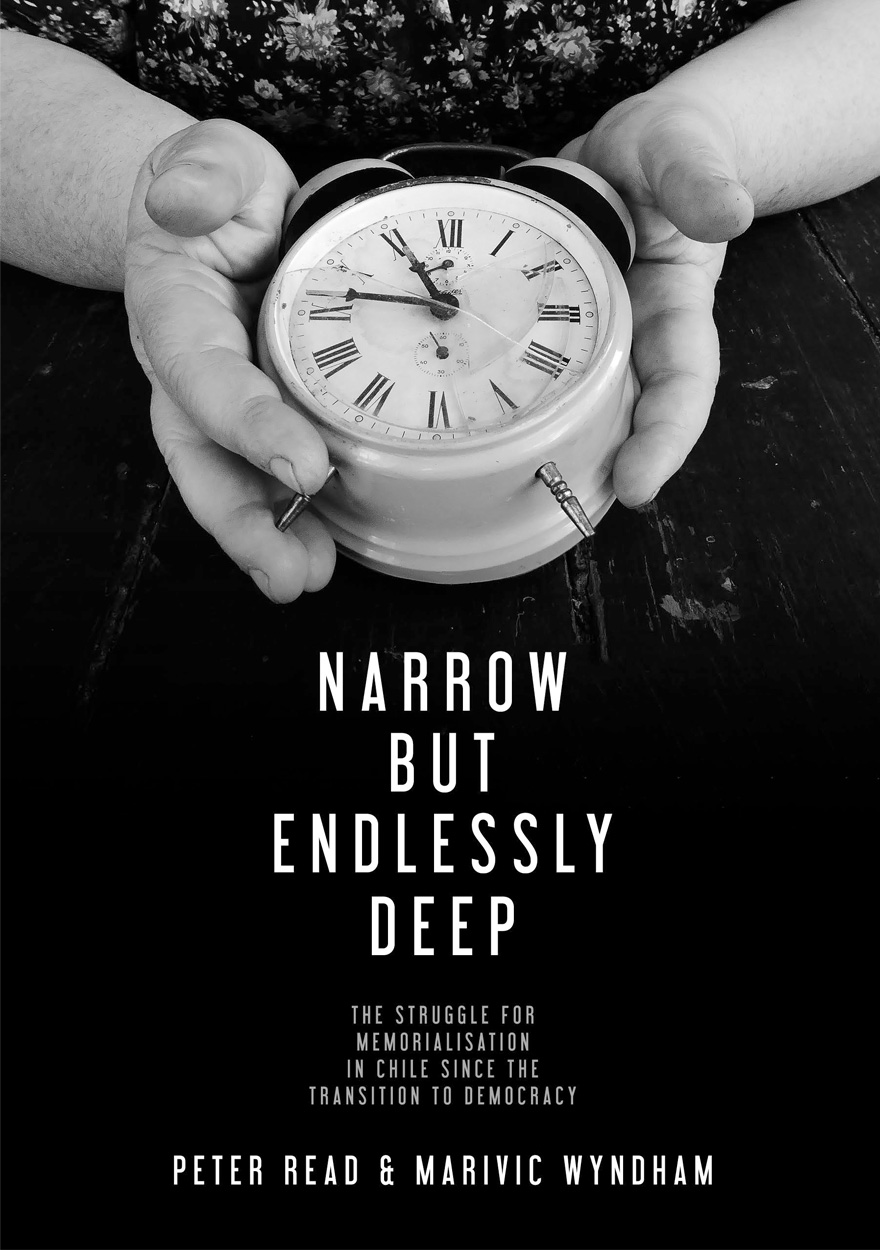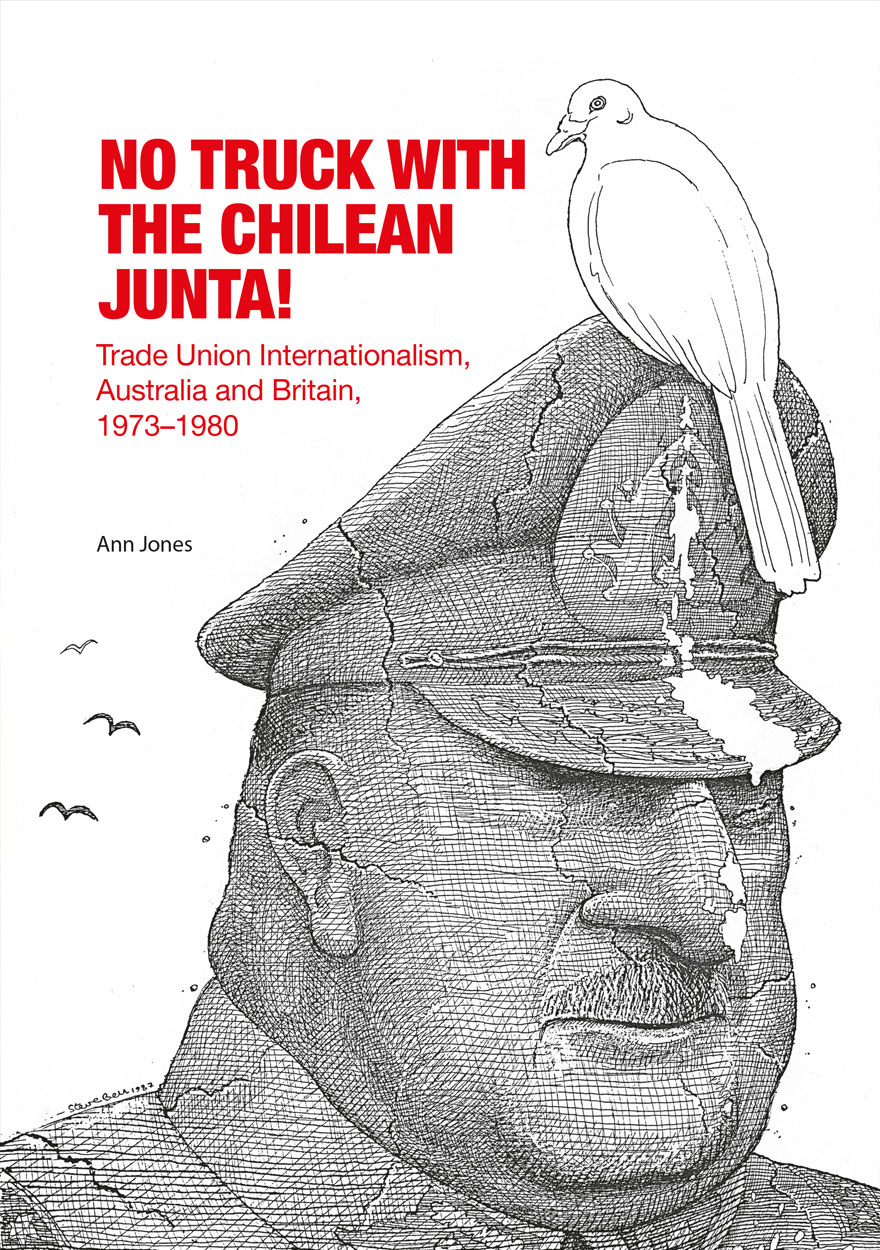Search titles
Displaying results 1 to 5 of 5.

Human Ecology Review: Volume 27, Number 2 »
Publication date: December 2022
Human Ecology Review 27(2) features contributions from researchers from around the world, including Brazil, the United States, Mexico, Chile, Australia, Uruguay, Spain, and Nigeria. Studies presented include the indigenous Truká people’s knowledge of medicinal plants in Pernambuco, Brazil (Alves et al.); perceptions of Lyme disease risk in New Hampshire, USA (Bolin); social and physical aspects of adolescent sport development (Concha-Viera and Datta Banik); the role of ecopolitics and ecopoetics in promoting environmental concerns about and resistance to oil exploration in Africa (Nwosu); traditional water harvesting and conservation in arid regions of the Canary Islands (Santamarta et al.); feedback-guided analysis of ecotourism and poaching in the Dominican Republic (Taveras Dalmau and Coghlan); motivations for participation in off-grid ecovillages, featuring a case study from Uruguay (Colby and Whitley); and biodiversity protection in Santiago, Chile (Cox and Asún).
Download for free
Not available for purchase

Sin Descansar, En Mi Memoria »
La lucha por la Creación de sitios de memoria en Chile desde la transición a la democracia
Authored by: Peter Read, Marivic Wyndham
Publication date: October 2017
En el once de septiembre de 1973, el Jefe de las Fuerzas Armadas de Chile, Augusto Pinochet, derrocó al gobierno del Partido de la Unidad Popular de Salvador Allende e instaló una dictadura militar. Sin embargo, este no es un libro de partidos e ideologías políticas, pero una historia pública. Se enfoca en los memoriales y conmemoraciones en siete sitios de tortura, exterminio y desaparición en Santiago de Chile. Se entablan debates universales del por qué y cómo los actos de violencia infligidos por un Estado contra sus propios ciudadanos deben ser recordados, y por quiénes.
Los sitios investigados – incluso el nefasto caso del Estadio Nacional – son entre los más simbólicos de más de mil de tales sitios por todo el país.
Este estudio vislumbra la profundidad de los sentimientos que los sobrevivientes y las familias de los detenidos desaparecidos y los ejecutados políticos arrastran en cada uno de estos sitios. Este libro sigue sus luchas para conmemorar a cada uno, y así revela lentamente sus sentimientos: su idealismo, esperanza, coraje, frustración, odio, emoción, resentimiento, tristeza, división y desilusión.

Narrow But Endlessly Deep »
The struggle for memorialisation in Chile since the transition to democracy
Authored by: Peter Read, Marivic Wyndham
Publication date: June 2016
On 11 September 1973, the Chilean Chief of the Armed Forces Augusto Pinochet overthrew the Popular Unity government of Salvador Allende and installed a military dictatorship. Yet this is a book not of parties or ideologies but public history. It focuses on the memorials and memorialisers at seven sites of torture, extermination, and disappearance in Santiago, engaging with worldwide debates about why and how deeds of violence inflicted by the state on its own citizens should be remembered, and by whom.
The sites investigated — including the infamous National Stadium — are among the most iconic of more than 1,000 such sites throughout the country.
The study grants a glimpse of the depth of feeling that survivors and the families of the detained-disappeared and the politically executed bring to each of the sites. The book traces their struggle to memorialise each one, and so unfolds their idealism and hope, courage and frustration, their hatred, excitement, resentment, sadness, fear, division and disillusionment.
‘This is a beautifully written book, a sensitive treatment of the issues and lives of those who have faced a great deal of loss, most often as unsung heroes, in what are now recognized as Chilean sites of memory. The book is a testament to people who have not been asked to speak, until Peter Read and Marivic Wyndham ask them to tell their stories. They do not shy away from hard tensions about memorialization, the difficulties of challenging a powerful state and the long and arduous struggles to ensure less powerful voices are heard.’
— Professor Katherine Hite, Frederick Ferris Thompson Chair of Political Science, Vassar College, USA.

No Truck with the Chilean Junta! »
Trade Union Internationalism, Australia and Britain, 1973–1980
Authored by: Ann Jones
Publication date: August 2014
When lorry drivers in Northampton slapped stickers on their cabs declaring ‘No truck with the Chilean Junta!’ they were doing more than threatening to boycott. They were asserting their own identity as proud unionists and proud internationalists. But what did trade unionists really know of what was happening in Chile? And how could someone else’s oppression become a means to solidify your own identity? The labour movements of Britain and Australia used ‘Chile’ as an impetus for action and to give meaning to their own political expression, though it was not all smooth sailing. Throughout the 1970s, social movements and unions alternately clashed and melded, and those involved with ‘Chile’ were also caught within the unhappy marriage of the cross-cultural left. This book draws together the events and stories of these complex times.

Humanities Research: Volume XVII. No. 1. 2011 »
Latin America: Building and Rebuilding the Nation
Edited by: Guy Emerson, John Minns
Publication date: July 2011
Humanities Research is an internationally peer-reviewed journal published by the Research School of Humanities at The Australian National University. The Research School of Humanities came into existence in January 2007 and consists of the Humanities Research Centre, Centre for Cross-Cultural Research, National Europe Centre and Australian National Dictionary Centre. Launched in 1997, issues are thematic with guest editors and address important and timely topics across all branches of the humanities.
Download for free
Not available for purchase



